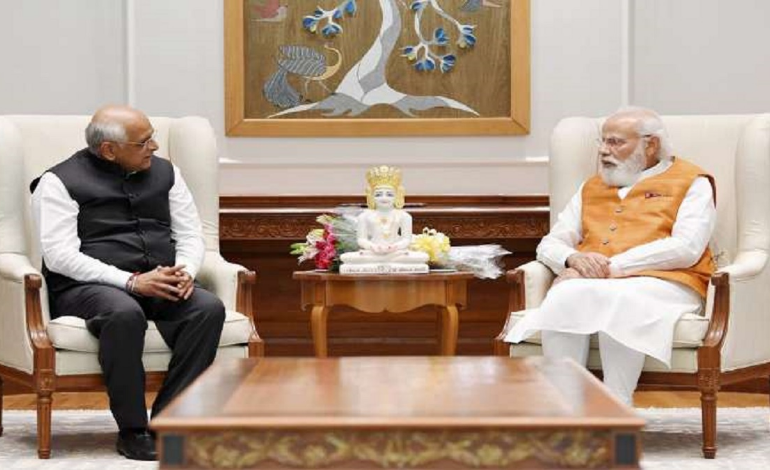
The Bharatiya Janata Party (BJP) Government in the State of Gujarat decided on Saturday to form a committee to implement the Uniform Civil Code (UCC) ahead of the Assembly polls that will be held in Gujarat by the end of the year.
According to Harsh Sanghvi, the state cabinet of Gujarat approved a proposal to form the committee at its meeting on Saturday.
Given that the date for the State elections is anticipated to be announced next week, this is thought to be the final meeting of the government led by Bhupendra Patel.
"The committee will be headed by a retired high court judge and will have three to four members," Union Minister Parshottam Rupala said.
The implementation of the UCC in their States had previously been announced by the BJP governments in Uttarakhand and Himachal Pradesh.
The idea of the Uniform Civil Code is to establish a common body of law for all religious groups in India that would address matters like adoption, inheritance, and divorce. Article 44 of the Constitution requires the state to strive to establish a standard civil code for its citizens across the entire nation, and this law is mandated by that article.
Himachal Pradesh and Uttarakhand's governments have already announced that they intend to adopt the Uniform Civil Code. Every citizen in India would be subject to the same personal laws, regardless of gender or religion, under a plan to develop and implement an uniform civil code.
The Uniform Civil Code was another component on the BJP's 2019 Lok Sabha election manifesto. This topic has consistently made headlines. According to the BJP, gender equality won't happen until the Uniform Civil Code is put into effect.
The Uniform Civil Code has received support from several politicians. The All India Muslim Personal Law Board (AIMPLB) disagrees, calling the act unlawful and discriminatory against minorities. The Supreme Court was earlier this month informed by the Centre that it cannot direct Parliament to pass or carry out any legislation establishing an unified civil code for the nation.